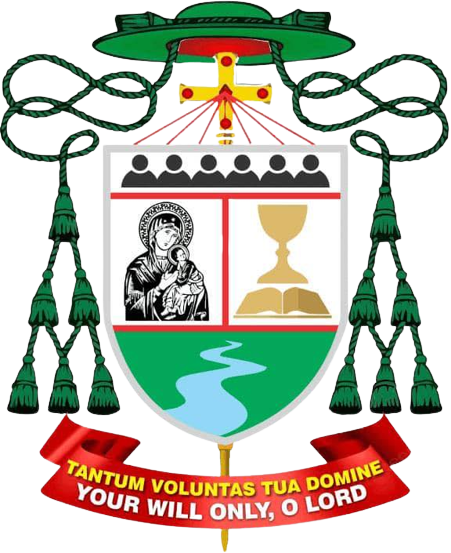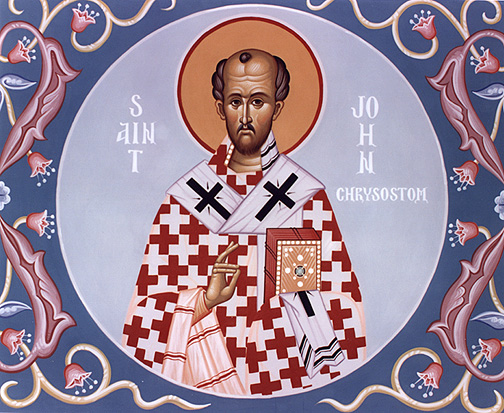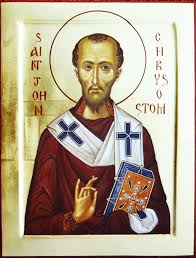St John Chrysostom (September 13) preached for a decade from Antioch’s cathedral, the Golden Church.
Born around the middle of the fourth century in Antioch, St John “golden-mouthedâ€, as his Greek name literally means, was one of the most important early Church Fathers. His preaching hugely influenced the then Greek-dominated world of Christianity.
He was born of mixed Syrian-Greek stock on what is now the Turkish-Syrian border. His mother may have been a pagan or a Christian, but we do know that. His father, an army officer, died soon after John’s birth.
Baptised in his late teens, John began his education under Libanius, a pagan master of rhetoric who taught him his love of Greek literature and language.
In spite of his teacher, John grew more Christian in his 20s and went on to study theology under another greater thinker of the age, Diodore of Tarsus. Libanius is said to have lamented on his death bed that John would have been his successor “if the Christians had not taken him from usâ€.
An ascetic and hermit from the age of 25, John spent two years continually standing, barely sleeping and learning the Bible by heart. Unsurprisingly, this was not good for his health. He had permanent kidney problems and stomach troubles afterwards.
John became a popular preacher around the time of his 40th birthday. For a decade he preached from the Golden Church, Antioch’s cathedral. His homilies on the Bible were a hugely influential collection at the time. Partly, he was popular because he spoke out against abuses in the Church and emphasised the need for charitable giving and a straightforward interpretation of Scripture.
In 397, he became Archbishop of Constantinople, having been nominated without his knowledge, and he had to be smuggled out of Antioch for fear his loss would cause public unrest. Again in his new home he became tremendously popular with the common people due to his refusal to spend lavishly on entertainment. But he was drawn into the arcane Church politics of the time and removed from the position, before public opinion forced his return.
Eventually, however, he was removed again and exiled. He died on what is now the border of Russia and Georgia on September 14 407. He was venerated as a saint soon after.


